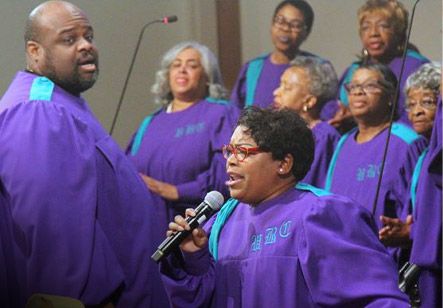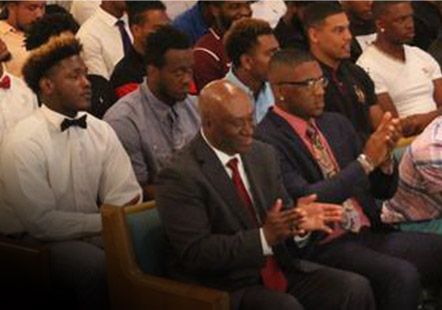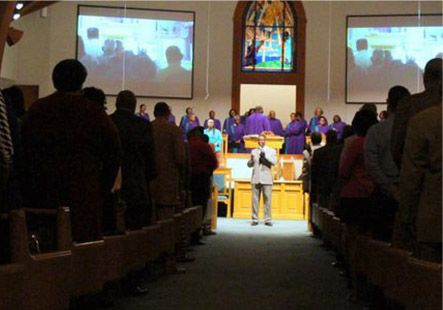The Blessed Hope of ‘In a Moment’
1 Corinthians 15:50-58
50 I declare to you, brothers and sisters, that flesh and blood cannot inherit the kingdom of God, nor does the perishable inherit the imperishable. 51 Listen, I tell you a mystery: We will not all sleep, but we will all be changed— 52 in a flash, in the twinkling of an eye, at the last trumpet. For the trumpet will sound, the dead will be raised imperishable, and we will be changed. 53 For the perishable must clothe itself with the imperishable, and the mortal with immortality. 54 When the perishable has been clothed with the imperishable, and the mortal with immortality, then the saying that is written will come true: “Death has been swallowed up in victory.”
55 “Where, O death, is your victory?
Where, O death, is your sting?”
56 The sting of death is sin, and the power of sin is the law. 57 But thanks be to God! He gives us the victory through our Lord Jesus Christ.
58 Therefore, my dear brothers and sisters, stand firm. Let nothing move you. Always give yourselves fully to the work of the Lord, because you know that your labor in the Lord is not in vain.
Dr. Bryan Loritts eloquently encapsulates the essence of advent: “The first advent of Jesus Christ represents his earnest money, his down payment. It’s a promise that as sure as he came once, he will come again.” Today, I want us to focus on the Second Coming of Christ. At that time, Jesus shall return visibly, bodily, gloriously, and triumphantly to consummate the Kingdom of God—where the daybreak of justice shall subdue the harrowing night of injustice.
In the last verses of the chapter, Paul transports the listener to an otherworld experience by allowing us to catch a glimpse of the glory that awaits us at Christ’s second return. Paul invites the church to take notice of a mystery. The mystery of being changed in a moment—the final act of God’s saving plan for humanity. In essence, Paul says we will be changed in an atom of a time. The idea is that our change will occur so fast that it will be indivisible, unable to be captured by the naked eye. In this atom of a time, our bodies will be made imperishable, no longer subject to the decay, death, and danger of this world. Paul declares emphatically that this inevitable change will occur instantaneously—in a moment.
In a moment, a new world will emerge where vaccinations and boosters are replaced with the healing balm of Jesus’ precious blood. In a moment, scarcity and famine will have to yield to the great victory banquet of the Lamb. In a moment, the chasm of life and death which makes us long for reunion with the ancestors will be filled, and we shall be eternally reunited with our loved ones. In a moment, civil unrest, political upheaval, and rampant injustice will be purged by the coming of Christ’s new kingdom. In a moment, we shall cease from carrying crosses, weeping bitter tears, bearing burdens, and dreaming for a better day. At that moment, the promised Parousia of our coming Lord will inaugurate the grand parade to our Holy coronation, where we shall wave palms of victory and cry together triumphantly that “death is defeated, and we have victory through our Lord Jesus Christ.”
This moment will usher us across the stage of redemptive history into the everlasting pastures of Beulah Land. In the words of Gardner Calvin Taylor, “we shall live, love, learn, and labor in the sunlit land where the flowers never fade, the day never dies, and the song never stills.
We look forward to this moment at Christ’s Second Coming.
By: Rev. Dave Young Jr.



